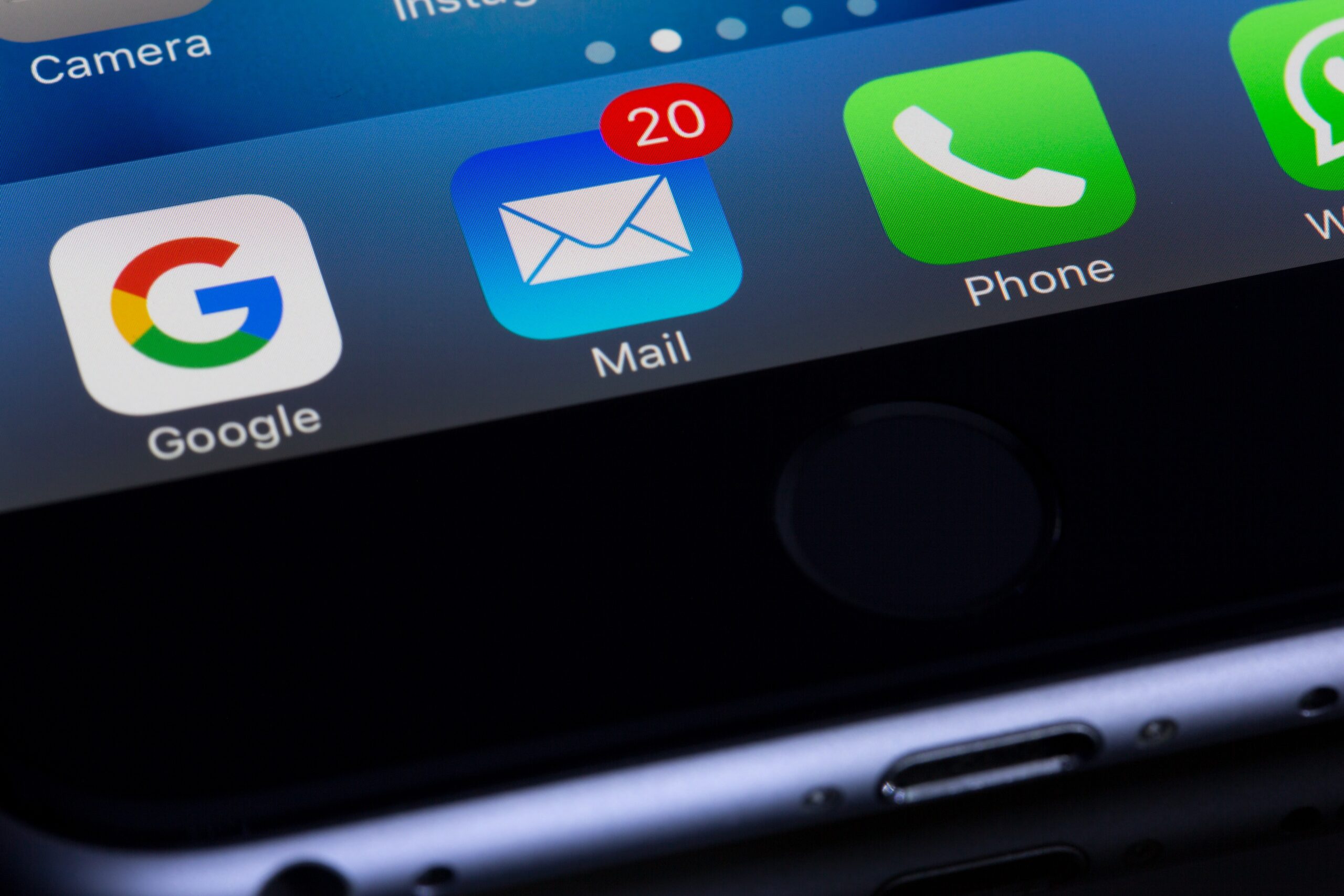Phishing for Winnings: Protecting Yourself from Email-Based Lottery Scams

Today, we’re diving into the treacherous waters of email-based lottery scams. Yes, those sneaky fraudsters who use phishing tactics to reel in unsuspecting victims. But fear not! We’ve got your back and we’re here to help you stay safe from these cyber-criminals. So, grab your virtual fishing net, and let’s learn how to protect ourselves from the phishing hooks of email-based lottery scams!
- Spotting the Bait Phishing emails often masquerade as legitimate lottery organizations, complete with logos and official-looking designs. They try to hook you with enticing subject lines like “Congratulations! You’re a Winner!” or “Claim Your Lottery Jackpot Now!” Stay vigilant and keep an eye out for anything that seems too good to be true.
- Examining the Line Take a closer look at the email itself. Phishing emails often have telltale signs of poor grammar, spelling mistakes, or generic greetings like “Dear Winner” instead of using your name. Legitimate lottery organizations typically personalize their communications and pay attention to details.
- Weighing the Hook Fraudsters use urgency and fear to make you take the bait. They might claim that you have a limited time to claim your winnings or that failure to act immediately will result in forfeiting your prize. Remember, legitimate lotteries don’t rush winners into making hasty decisions or provide ultimatums.
- Checking the Sender Carefully examine the email address of the sender. Phishing emails often use email addresses that mimic official lottery organizations but contain slight variations or misspellings. Double-check the sender’s address against the official website or contact information of the lottery organization.
- Verifying the Reel Don’t click on any links or download attachments within the email. These can be malicious and may lead you to fake websites or install malware on your device. Instead, independently verify the legitimacy of the lottery by visiting their official website or contacting them directly through trusted channels.
- Casting Doubt Aside Phishing emails often request personal information such as your social security number, bank account details, or passwords. Legitimate lotteries don’t ask for this information upfront. Never provide sensitive personal data through email or other unsecured means.
- Reporting the Phish If you suspect an email to be a phishing attempt, report it to your email service provider and the appropriate authorities. By doing so, you help protect others from falling victim to the scam and assist in the fight against cybercrime.
- Spreading the Word Education is a powerful weapon against phishing scams. Share your knowledge with family, friends, and colleagues, raising awareness about the tactics scammers use. The more people know, the better equipped they are to detect and avoid these fraudulent schemes.
Remember, staying vigilant is the key to protecting yourself from email-based lottery scams. Think twice before taking the phishing bait, and always verify independently to ensure you’re dealing with a legitimate lottery organization.
Tighten those email security lines, my friends, and keep those phishers from reeling you in!

